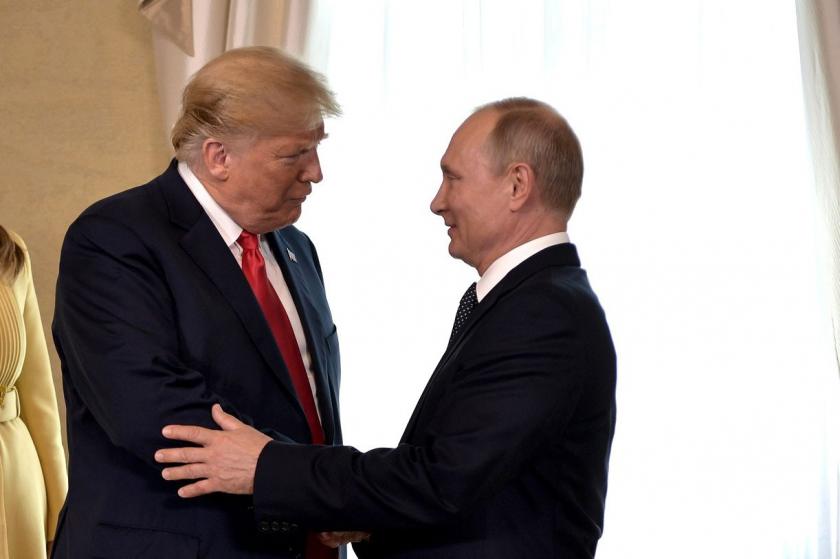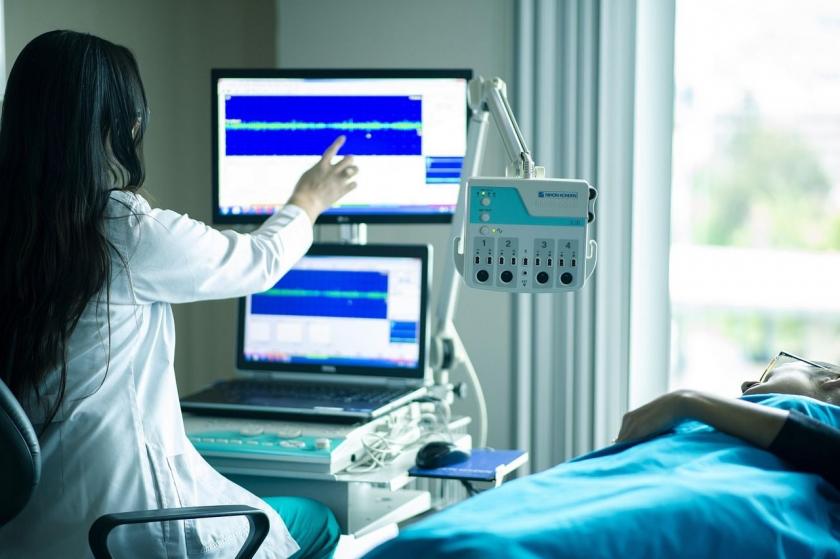Osman Kavala: Barkey explained that I wasn’t the one who had lunch with him; the prosecution knew this fact from the beginning
After Henri Barkey's statement, Osman Kavala said, "Barkey announced that I was not the one who had dinner with him. The prosecution knew this fact from the beginning."

Osman Kavala | Fotoğraf: AA
Former US State Department employee Henri Barkey made a statement regarding the allegations that Osman Kavala had dinner with him in the "espionage" accusation, which was the basis for his re-arrest after his release.
Barkey said that they did not have dinner with Osman Kavala that he met Osman Kavala on the same evening and had a few minutes of conversation with him.
Following Barkey's remarks, Osman Kavala also made a statement.
Kavala said: "Henri Barkey announced the other day that I was not the person who had dinner with him at the Karaköy restaurant on 18 July 2016. The prosecution knew this fact very well from the beginning. During my interrogation at the police station, I was accused of 'organising the Gezi protests' and 'participating in the July 15 coup attempt'. During my interrogation, it was mentioned that I had only greeted Barkey at the restaurant and talked to him on the street, and this was cited as evidence of contact between us. However, in the second indictment, which was prepared after the acquittal of the Gezi trial and which alleged that I had organised the 15 July coup attempt and engaged in espionage activities with Barkey, this incident was changed to a planned meeting and a conversation. In the latest judgement of the European Court of Human Rights, which ruled that Turkey had failed to fulfil its obligation to comply with the Court's previous judgement, the two judges who made additional findings considered the different accounts of the same event as an example of an effort to justify my continued detention."
"SO-CALLED EVIDENCES"
Kavala emphasised that this was not the only manipulation made in the second indictment, "Signals from base stations close to each other were shown as evidence that I frequently met with Barkey. However, the reason for the overlap was clearly visible in the HTS records: My phone was signalling from the base station adjacent to my office in Elmadağ, and Barkey's phone was signalling from nearby base stations when he went to Taksim. What is even more serious is that the indictment, without even needing to present such so-called evidence, states that I was in contact with FETÖ/PDY officers and that I was involved in activities with them in preparation for the coup. After the acquittals in the Gezi trial were overturned and sentences were handed down in line with the government's wishes, there was no need for this false accusation of espionage, which had been prepared to maintain my detention at all costs. The obligation of the prosecution to examine the facts and circumstances with an impartial eye, to objectively assess the evidence in favour and against, and to honestly inform the court is established by our laws and ECHR norms. Today, this obligation has de facto disappeared in our country."
"Unlawful trials are carried out through indictments prepared by politically influenced prosecutors who hide and falsify facts and interpret them according to conspiracy theories," Kavala said, adding, "The allegation that I had dinner with Henri Barkey at the Karaköy restaurant is a small but very enlightening example of this behaviour."
WHAT HAS HAPPENED?
Henri Barkey said, "I had dinner with Aslı Aydıntaşbaş" about the dinner that was the basis of the espionage accusation for which Osman Kavala was acquitted. In a statement, Journalist Aslı Aydıntaşbaş pointed to Barkey without naming him and said, "It is meaningful that this person, who until now has refused all requests for information sharing from lawyers to refute a series of baseless allegations against Osman, is now speaking out. I am facing a malicious operation."
Commenting on Aslı Aydıntaşbaş's statement on Halk TV, Henry Barkey said, "I had dinner with Mrs Aslı that night, and this is the truth. No one from Turkey called me and asked me about the details of that evening, nor about the tales invented about Mr Osman and me. When that indictment came out, I didn't see Ms Aslı's name, so I didn't use her name in the article I wrote for the Atlantic magazine so as not to get her in trouble. When Ms Aslı started to say that she had nothing to do with that night, I was asked to make a statement from everywhere, from every corner. That's why I made this statement today." (EVRENSEL DAILY)








Evrensel'i Takip Et